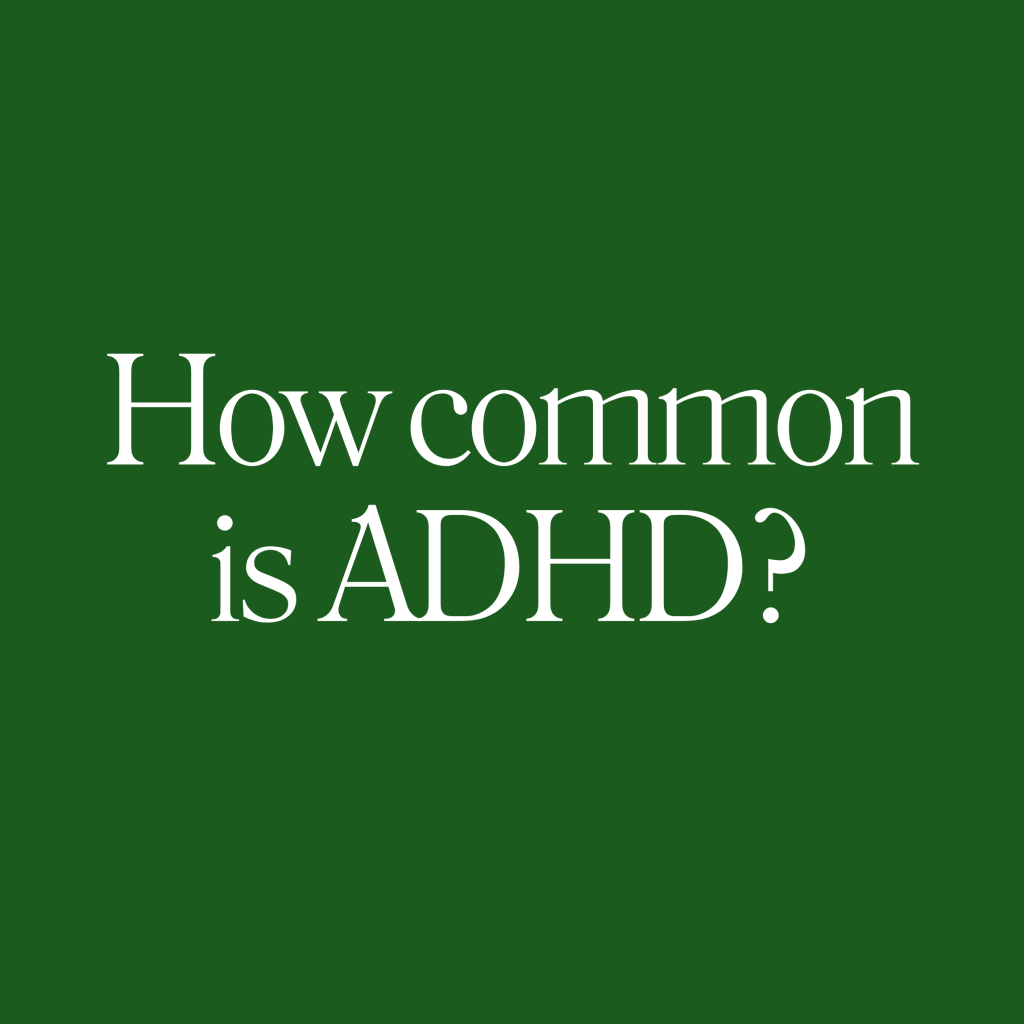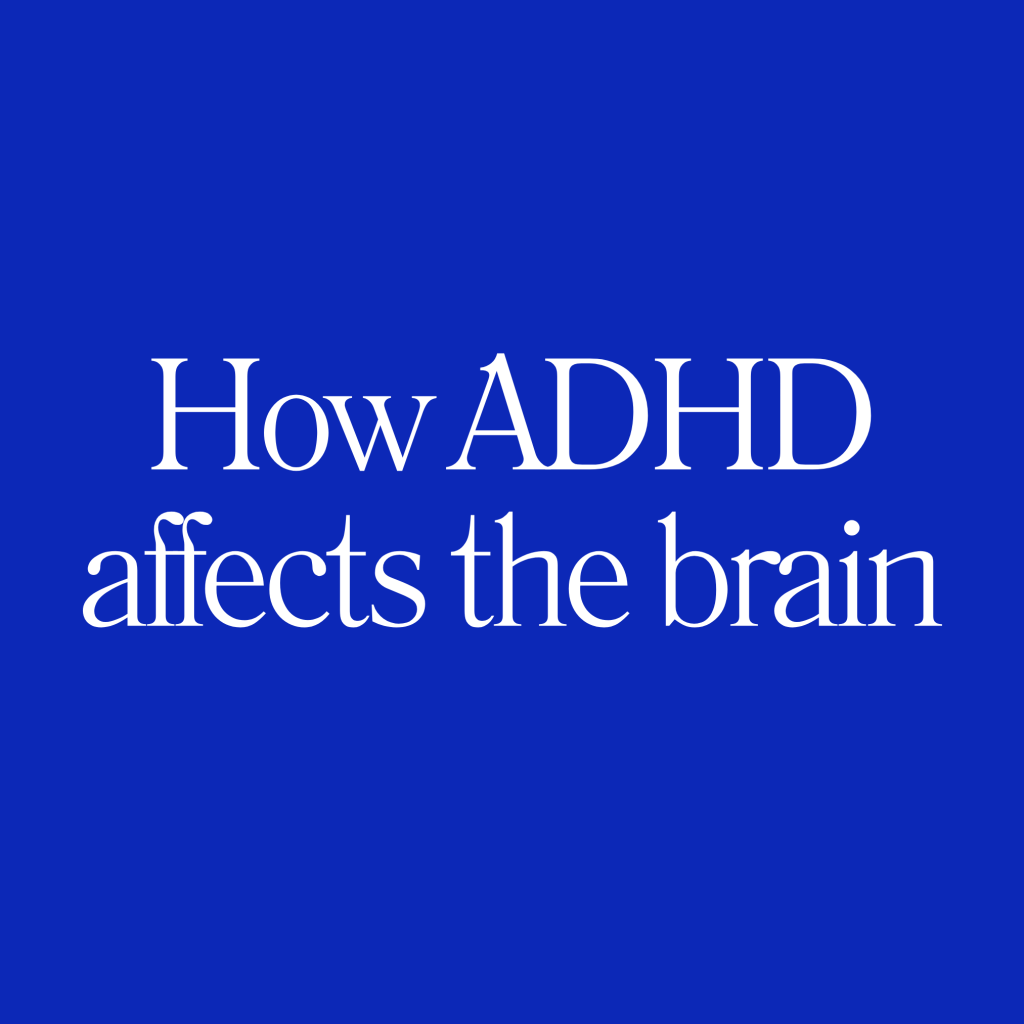How Executive Function Challenges Show Up in Adult Life
Many people especially those with ADHD or undiagnosed neurodivergence live with constant friction in daily life due to executive function (EF) challenges. And unlike the obvious signs we notice in children, in adults, these difficulties often wear more subtle disguises.
A Quick Recap of Executive Functions
Think of executive functions as your brain’s control centre.
They help you:
- Start tasks
- Stay focused
- Manage your time
- Regulate emotions
- Remember important details
- Shift between ideas or priorities
These are the functions that allow us to adult, to hold down jobs, parent children, manage households, and maintain relationships.
When these functions don’t work optimally (as is often the case in ADHD), life is hard.
How Executive Function Challenges Show Up in Adults
Executive dysfunction in adults is often invisible, especially to the outside world. You might look “put together” but internally feel like you’re juggling flaming swords.
Here’s how executive function issues commonly present in adult life:
1. Time Blindness and Chronic Lateness
You’re always rushing, always behind, and somehow still underestimating how long “just popping out” will take.
Research from the University of Southampton shows that ADHD adults frequently exhibit temporal underestimation misjudging how much time tasks will take, leading to lateness, rushed decisions, or missed deadlines.
2. Task Initiation Paralysis
You want to start that project, clear that drawer, or reply to that important email… but can’t seem to take the first step.
This isn’t procrastination from laziness, it’s a neurological roadblock. This difficulty initiating tasks is a common complaint among adults newly diagnosed with ADHD.
3. Forgetfulness That Feels Like Gaslighting Yourself
You’ve booked the dentist. You even told your partner. But come Tuesday? Poof, gone from memory. You start questioning your own reliability.
Working memory, the part of your brain that holds and uses short-term information is often impaired in ADHD. Studies show that adults with ADHD consistently underperform in working memory tasks compared to neurotypical controls.
4. Emotional Dysregulation
One minute you’re fine. The next, a rude email derails your entire afternoon.
While it’s not part of the formal DSM criteria for ADHD, experts argue that emotional impulsivity and sensitivity should be considered core aspects of executive dysfunction.
5. Disorganisation (Even When You Try So Hard!)
Clutter piles up. Your desktop has 52 tabs open. Your to-do list is… somewhere?
Despite your best intentions, staying organised feels like running up a down escalator. This is a direct reflection of struggles with planning, sequencing, and follow-through, key executive functions that often lag behind in ADHD.
6. Hyperfocus
Contrary to popular belief, ADHD isn’t about a lack of focus, it’s about inconsistent focus.
You might zone out in meetings but hyperfocus for six hours straight while reorganising your spice rack. This intensity is often a coping mechanism because your brain craves dopamine-rich, novel, engaging tasks.
Research has found ADHD brains regulate attention differently and how this leads to burnout in adults.
7. Inconsistent Performance at Work
You deliver brilliance one week, and forget to show up to a meeting the next. It’s not about motivation, it’s about inconsistent executive regulation.
Adults with ADHD in the UK are more likely to experience job instability due to EF-related challenges.
8. Decision Fatigue
Choosing a cereal brand at Tesco? Overwhelming. Starting a business? No problem.
ADHDers often do well with big-picture thinking, but can feel paralysed by daily micro-decisions. This reflects cognitive overload, where executive processes max out quickly.
Why This Often Goes Unnoticed or Mislabelled
Adult executive dysfunction doesn’t always scream “neurodivergent.” Instead, it gets misinterpreted as:
- Being lazy
- Lacking ambition
- Being disorganised or emotional
- Failing to “adult properly”
Especially for women, it’s often masked for years. Many women only receive an ADHD diagnosis after their children are diagnosed or when hormones shift in perimenopause and their carefully maintained coping strategies unravel. Many reports document that women with ADHD are still underdiagnosed.
Practical Support for Executive Function Challenges
Body Doubling
Work alongside someone (virtually or in person). This external structure acts as a mental anchor.
Externalise Everything
Post-its, wall calendars, alarms, whiteboards – use your environment as a second brain.
Timers & Alarms
Use visual or vibrating timers to stay grounded in time. The Time Timer app or a kitchen timer are great.
Break Tasks into Micro-Steps
- “Write report” becomes:
- Open document
- Title page
- Intro paragraph
Breaking tasks lowers mental load and reduces avoidance.
Create a Dopamine-Friendly Environment
Use music, scents, movement, or a “reward sandwich” (dull task → fun activity → dull task again) to keep motivation alive.
Use a Calendar Religiously
Put everything in it. Even “sit down and do nothing.” The more structure you build outside your brain, the less you need to rely on EF internally.
ADHD Coaching or Therapy
Working with a coach trained in executive function can help build custom tools and systems that work with your brain.
Final Thoughts
Executive function challenges can make adulthood feel like a constant uphill climb especially in a world that wasn’t designed for neurodiverse minds.
When you understand that your challenges are neurological, not moral failings, everything starts to shift. You can find ways to support your brain, build structure outside of yourself, and get the compassionate help you deserve.
Because the truth is, you are functioning it just might not look like anyone else’s version.





